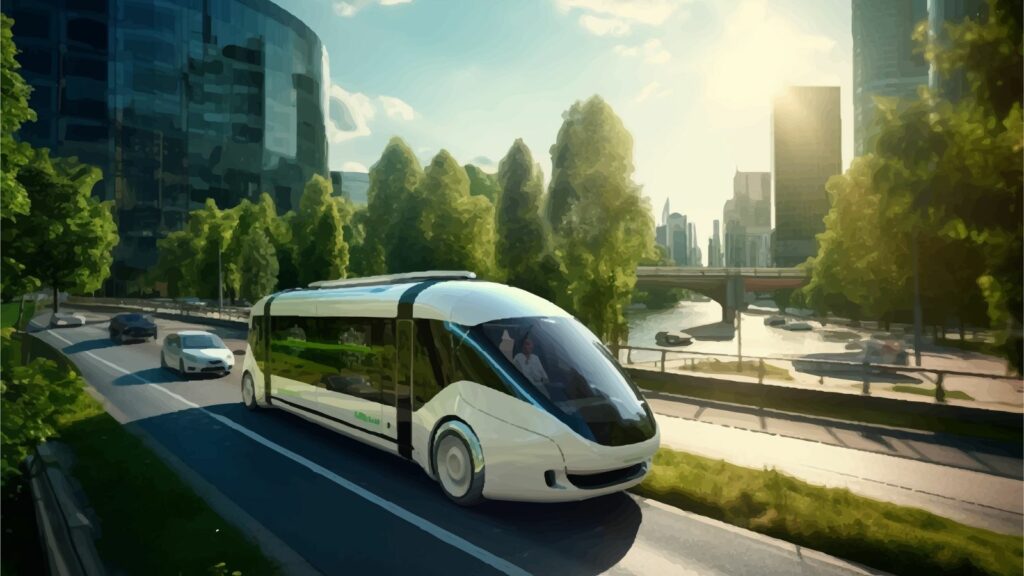I never realized how quickly transportation is evolving. With flying cars, driverless vehicles, and other innovations, technology is radically transforming the way we move from place to place. What does the future hold in transportation? Here are 19 eye-opening facts that will make you see transportation in a whole new light.
Self-Driving Cars Are Already Here
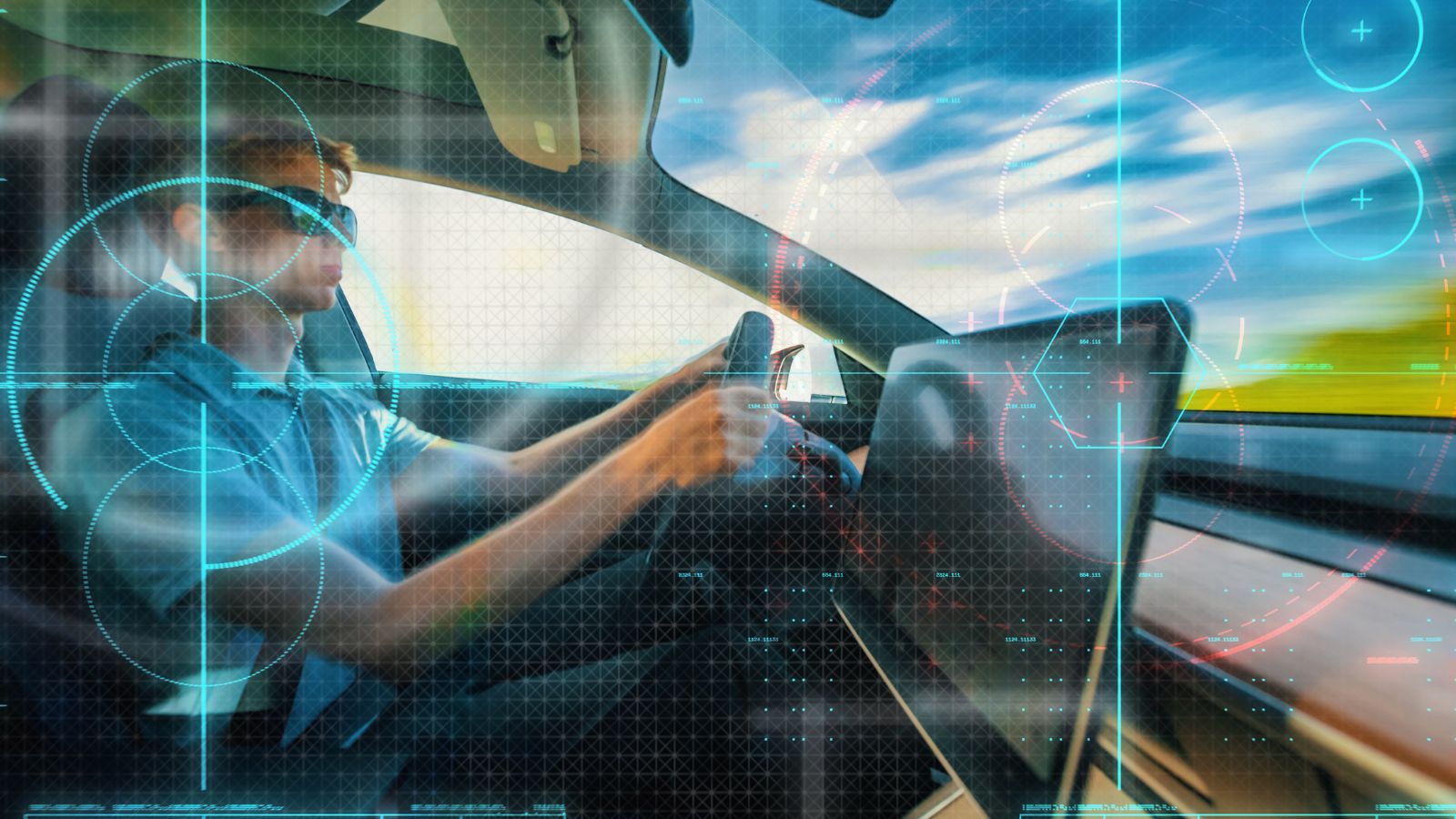
Self-driving cars are no longer just a pipe dream of science fiction; companies like Tesla, Google, and Uber are working tirelessly toward making this vision a common sight on our roads. These cars use sensors, cameras, and AI to avoid the presence of a human driver. They will most likely make transportation safer because when a human is not at the wheel, accidents caused by human error will be reduced significantly, but the challenge lies in perfecting the technology before it becomes widely adopted.
Electric Cars Are Taking Over

Electric cars are quickly becoming a reality. Countries like Norway and the UK have announced plans to stop selling gas-powered cars by 2030. Electric vehicles are not only better for the environment but also cheaper to run. Companies like Tesla, Nissan, and Ford are leading the charge in making electric cars more common, and soon, they may become the norm on our roads.
Flying Cars Might Be Closer Than You Think
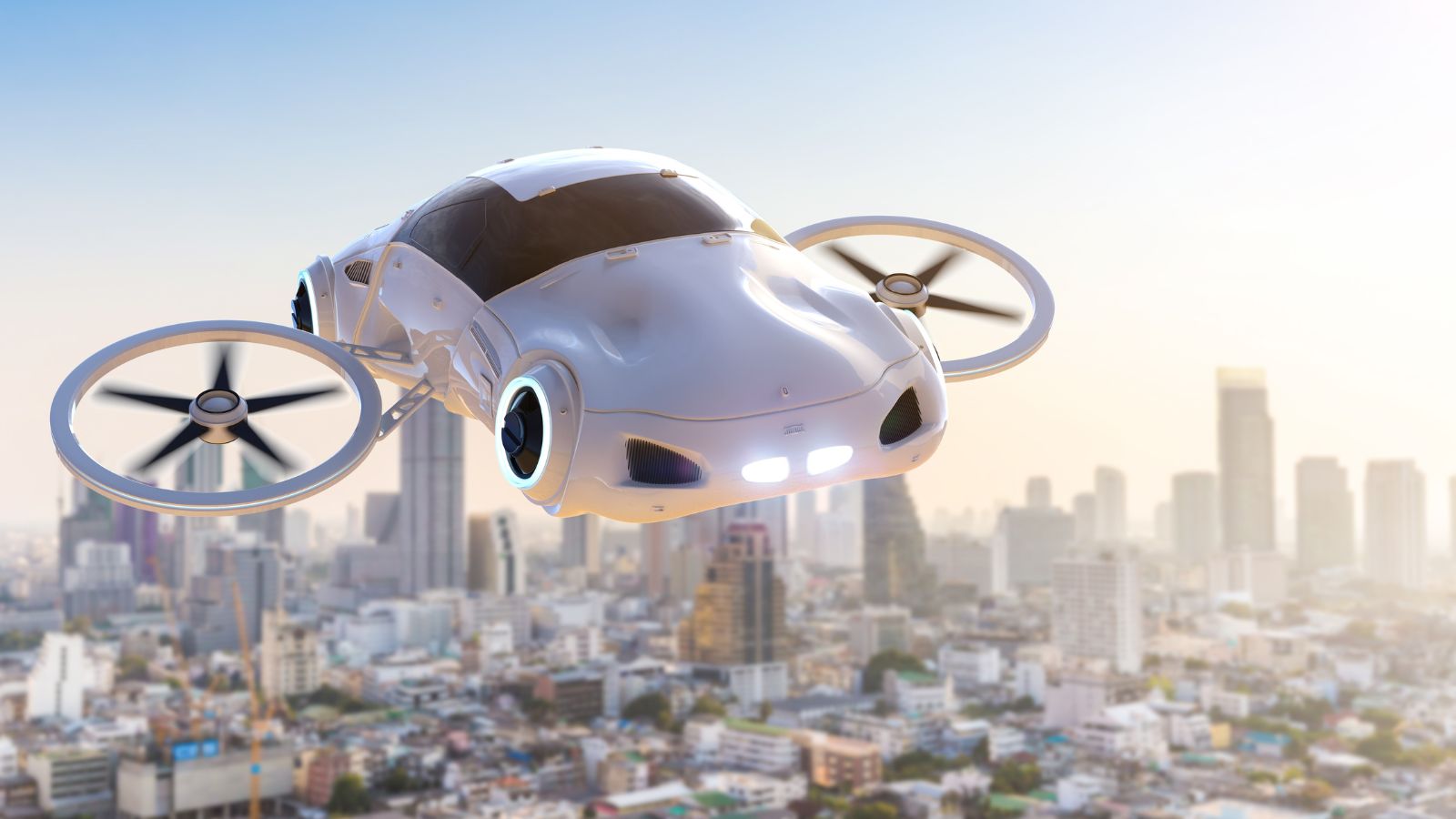
Flying cars have been a futuristic dream for decades, but they could soon become a reality. Several companies are already testing vehicles that function both as cars and airplanes. These flying vehicles could be used for private travel or even air taxi services in cities. Imagine skipping traffic and soaring into the sky!
Hyperloop Could Revolutionize Long-Distance Travel
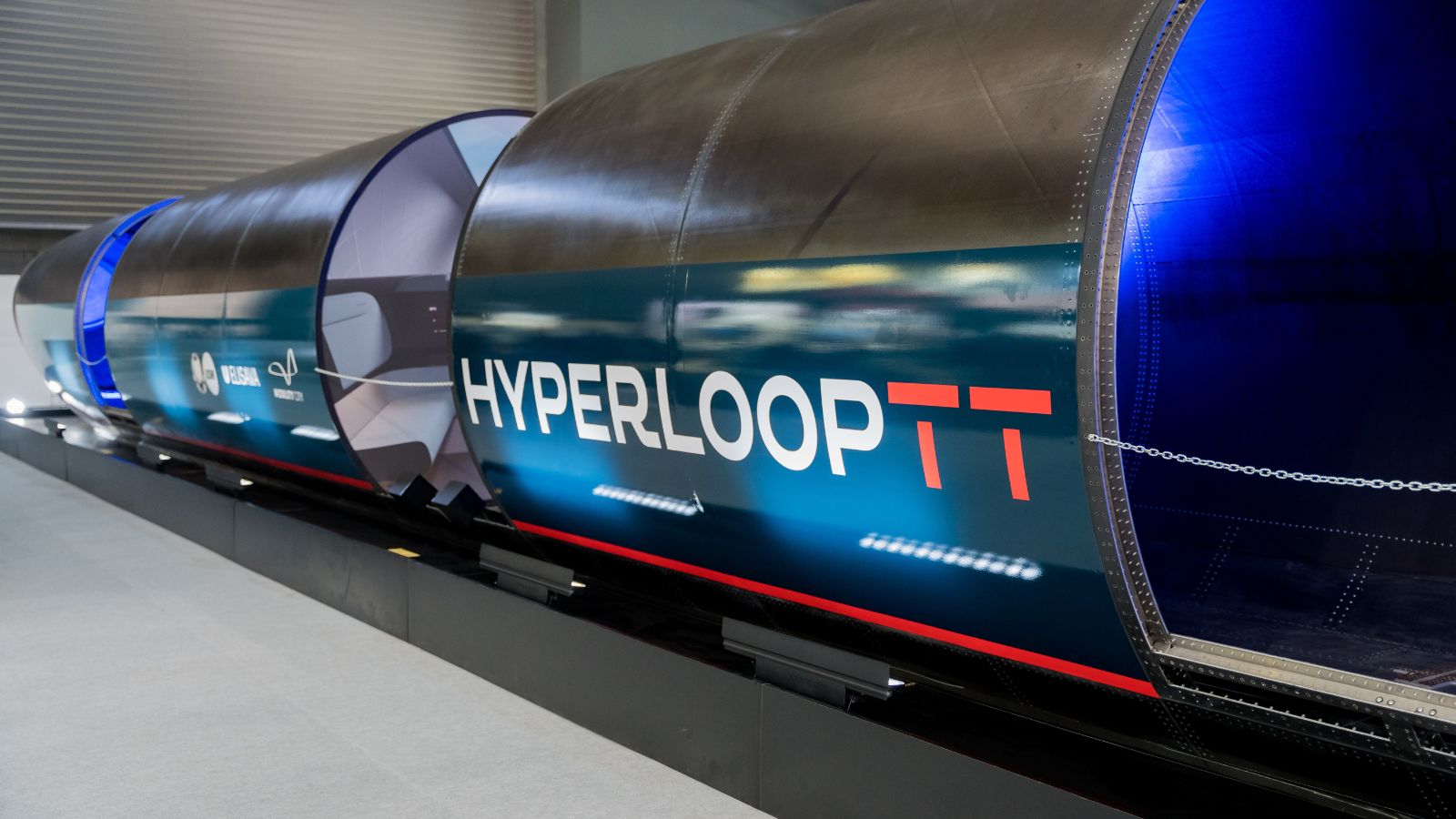
Picture this: going from Los Angeles to San Francisco within just 30 minutes. Technology winner—The Hyperloop: This is “According to the vision of Elon Musk” to make it happen. The concept for the Hyperloop uses magnetic levitation transport for pods to travel through tubes with a possible top speed of 760 mph. It could change long-distance travel, slow downtime, and make transportation quicker, safer, and more effective.
Ride-Sharing Will Become the Norm

New companies like Uber and Lyft make it easy for people to get around, making owning a car an optional requirement instead of a necessity in the future. Ride-sharing services might be the largest mode of transportation, as demand-used autonomous vehicles pick up passengers on their way. This will considerably reduce traffic congestion, lower emissions, and cost passengers far less to travel.
Public Transportation Will Be More Efficient and Greener

Cities around the world are investing in better public transport systems. Electric buses, driverless trains, and smart ticketing systems will make public transportation faster and more efficient. Many cities also work to make transportation greener by switching to renewable energy sources and reducing their carbon footprint.
Drones Will Deliver Packages, and People
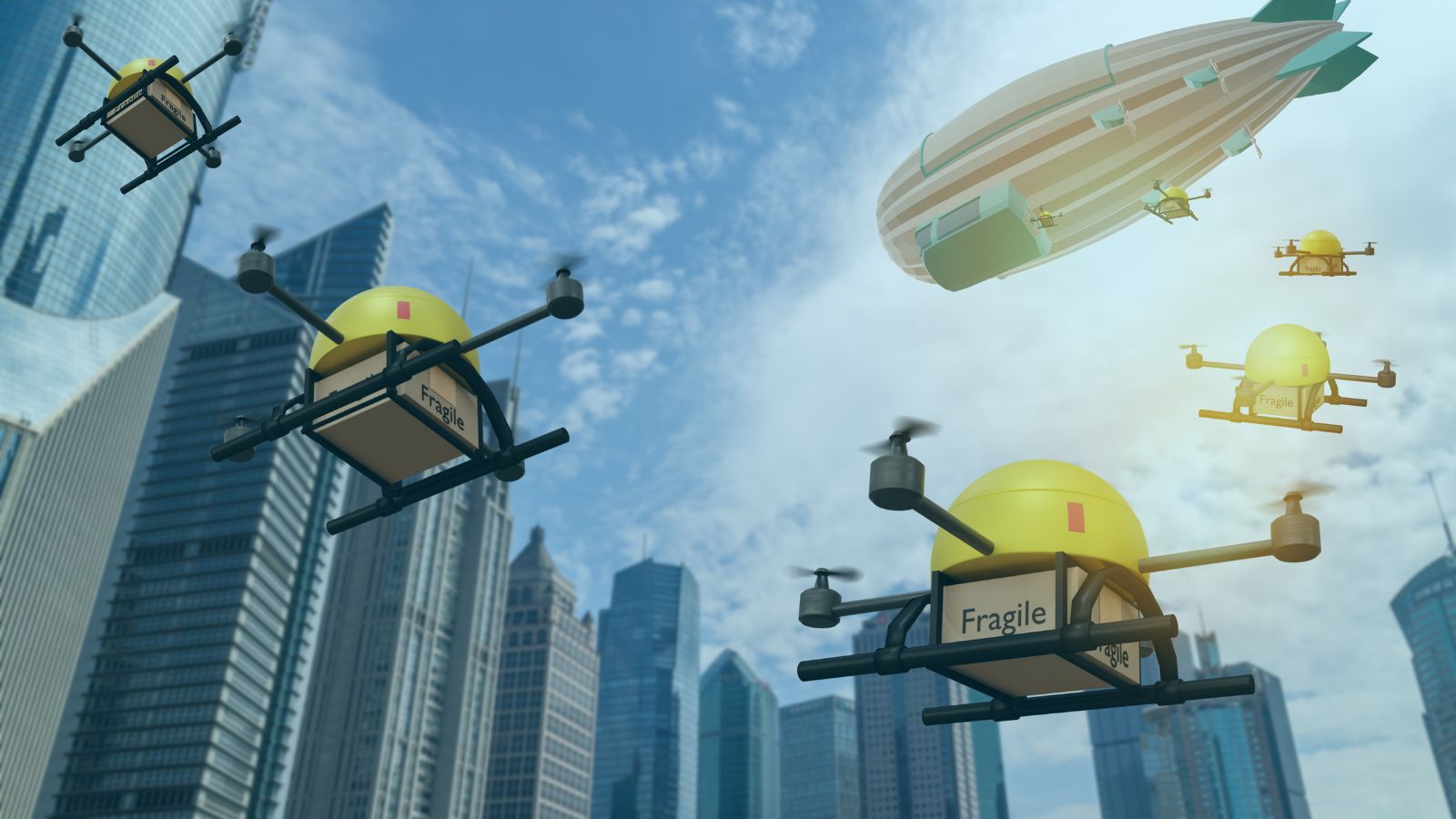
But it’s not all about cool photographs in aeronautical views. Drones like Amazon and UPS are testing package delivery. Maybe, once upon a time, far ahead, people will be delivered by drones. These flying vehicles, which are often called “air taxis,” will lessen the time spent transferring goods and reduce many headaches brought about by heavy traffic in crowded cities.
Traffic Jams Might Become a Thing of the Past
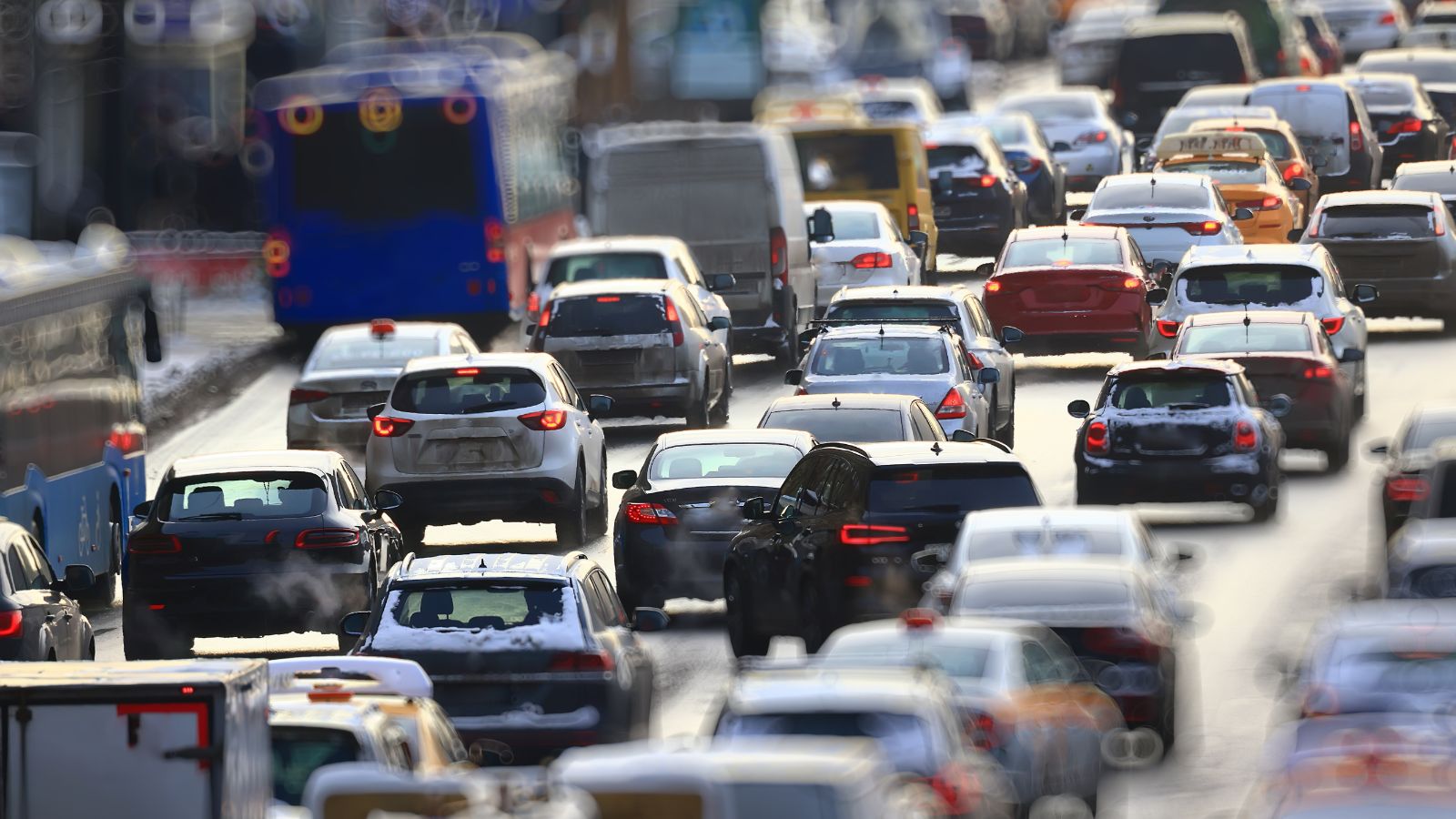
Traffic jams will be reduced with the use of smart transportation powered by artificial intelligence. This includes real-time traffic flow management, automatic traffic light adjustments, and guided routes for self-driving cars. Traffic would be managed much better so that lost time in traffic would be minimal, and the other roads would be used.
Bike-Sharing and E-Scooters Are Here to Stay
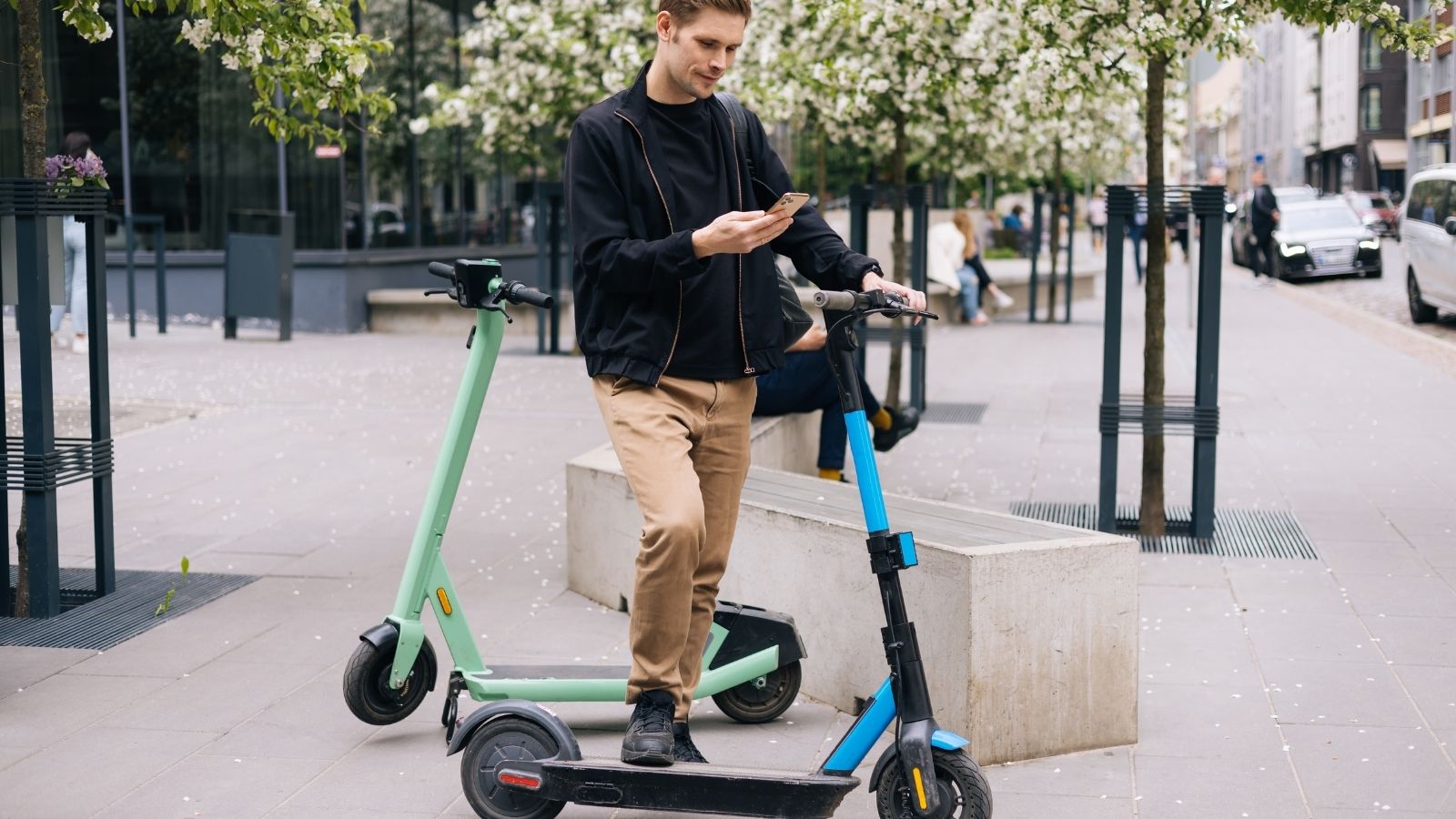
Many cities already have bike-sharing programs and electric scooters. These means of transportation will be essential for short trips as the urban population continues to grow. They are cheap, green, and unblock busy places. Besides, new technologies allow one to cycle more easily on electric bikes.
Space Travel Could Become Affordable
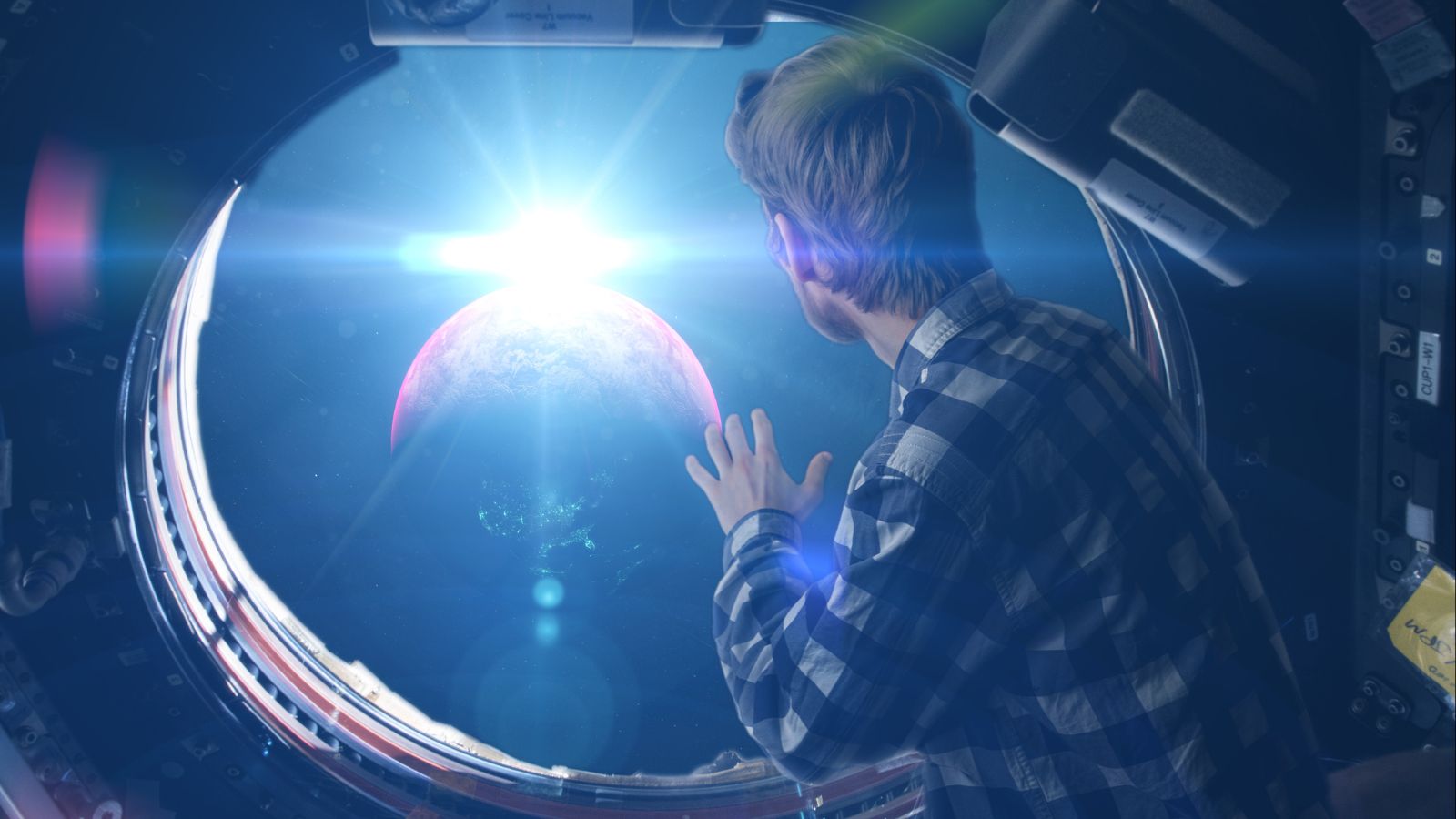
With the unveiling of programs by companies like Space and Blue Origin, space travel is no longer a prerogative of astronauts. In the future, traveling into space or to the Moon might be as routine for people as buying an air ticket for Europe or Asia. It will cost less and less, and more and more people will seek opportunities to explore space.
Hydrogen Fuel Cells May Power Our Future Vehicles
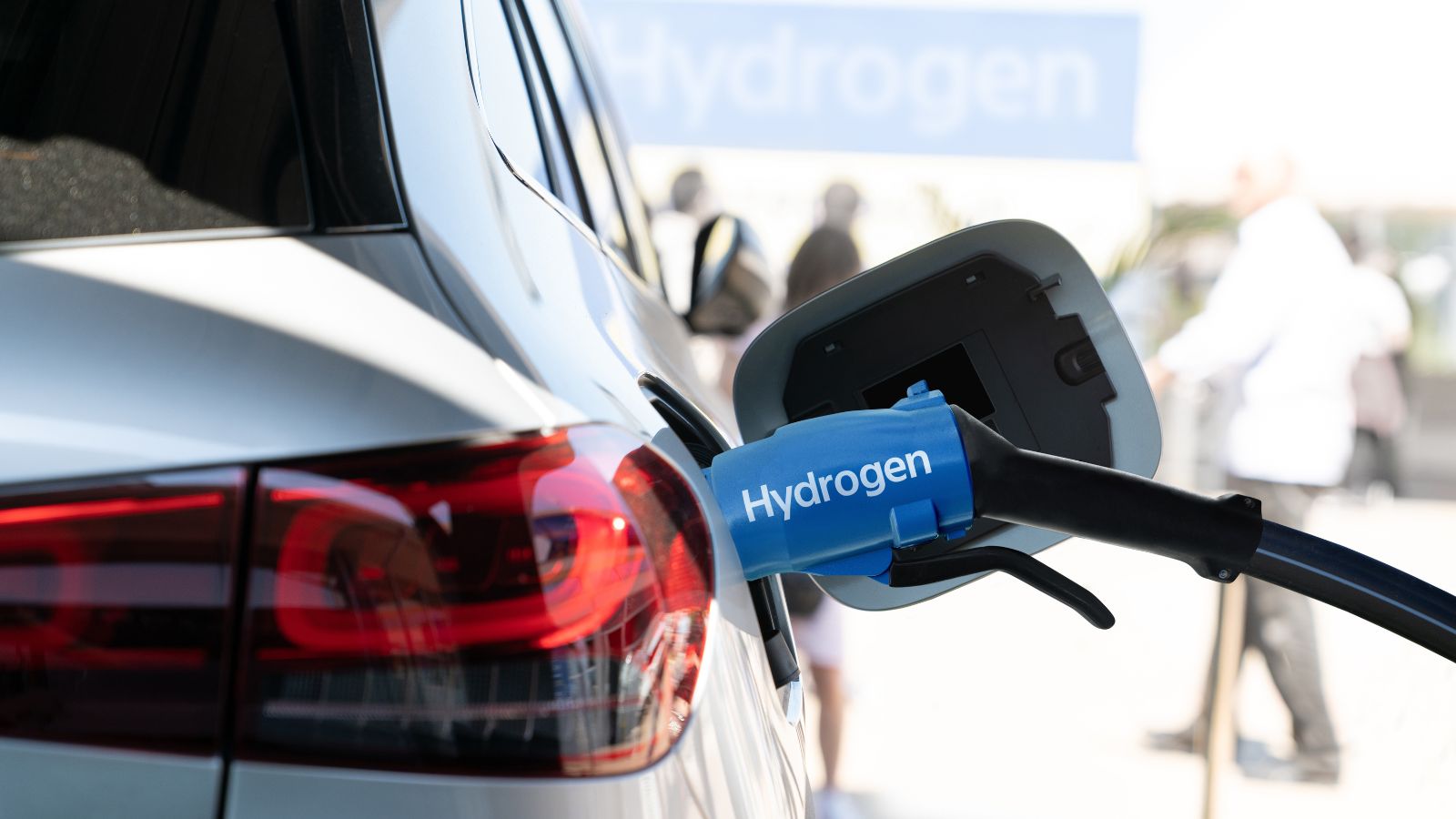
Electric vehicles may become very popular, while hydrogen fuel cell technology may be the next biggest thing. Hydrogen-powered cars are very environmentally friendly, and their byproduct is just water. Even major car manufacturers like Toyota and Hyundai are working on hydrogen-powered cars, which could take a viable position with electric vehicles.
Smart Roads Will Communicate with Vehicles
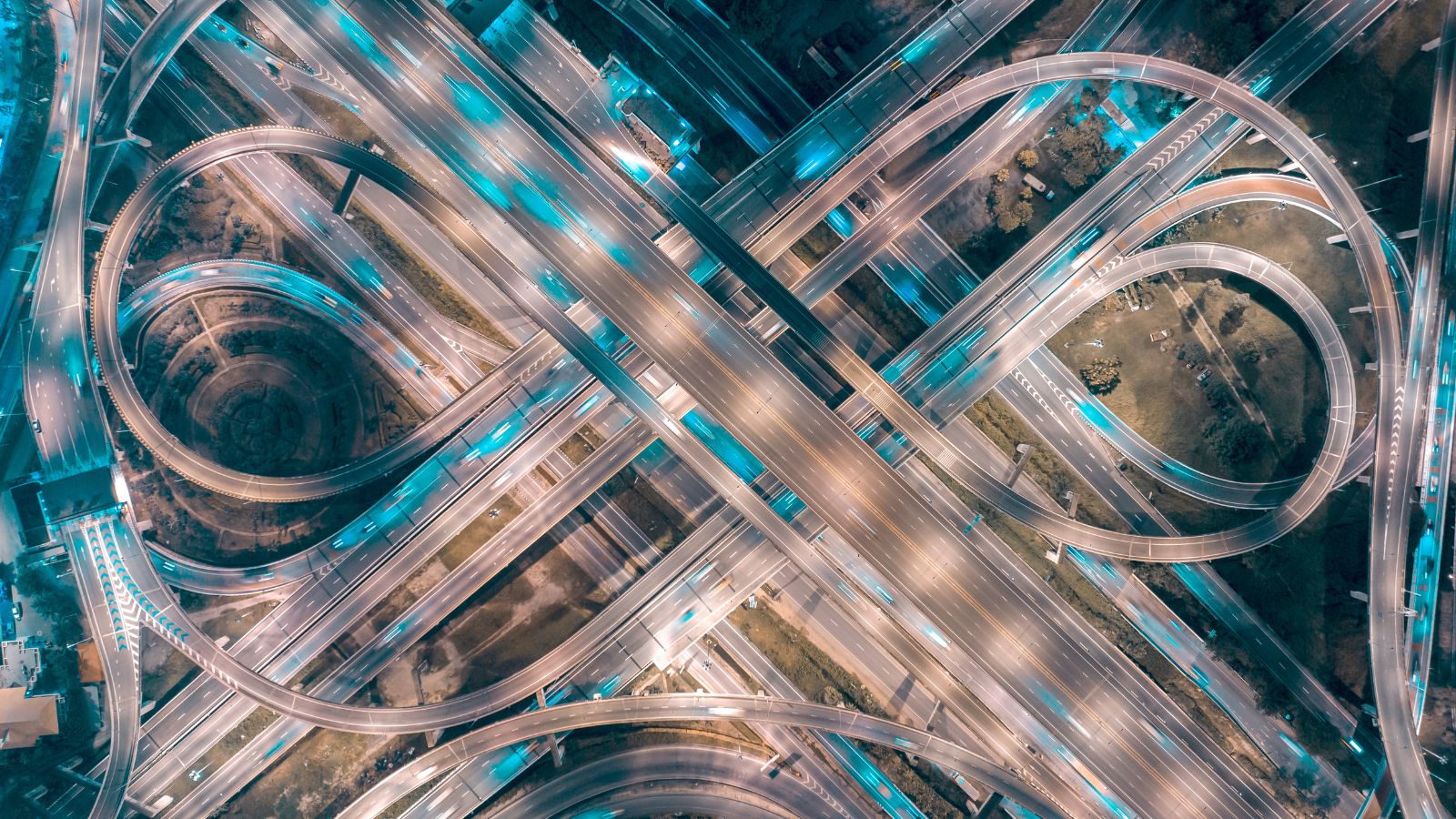
Days are not so far away when roads will not be mere bits of asphalt but ‘smart’ ones. It will be able to communicate with vehicles installed inside the sensors to avoid accidents, manage traffic, and update the conditions of roads in real-time. Perhaps this technology can even make the roads safer to enhance the driving experience.
Maglev Trains Could Replace Traditional Rail
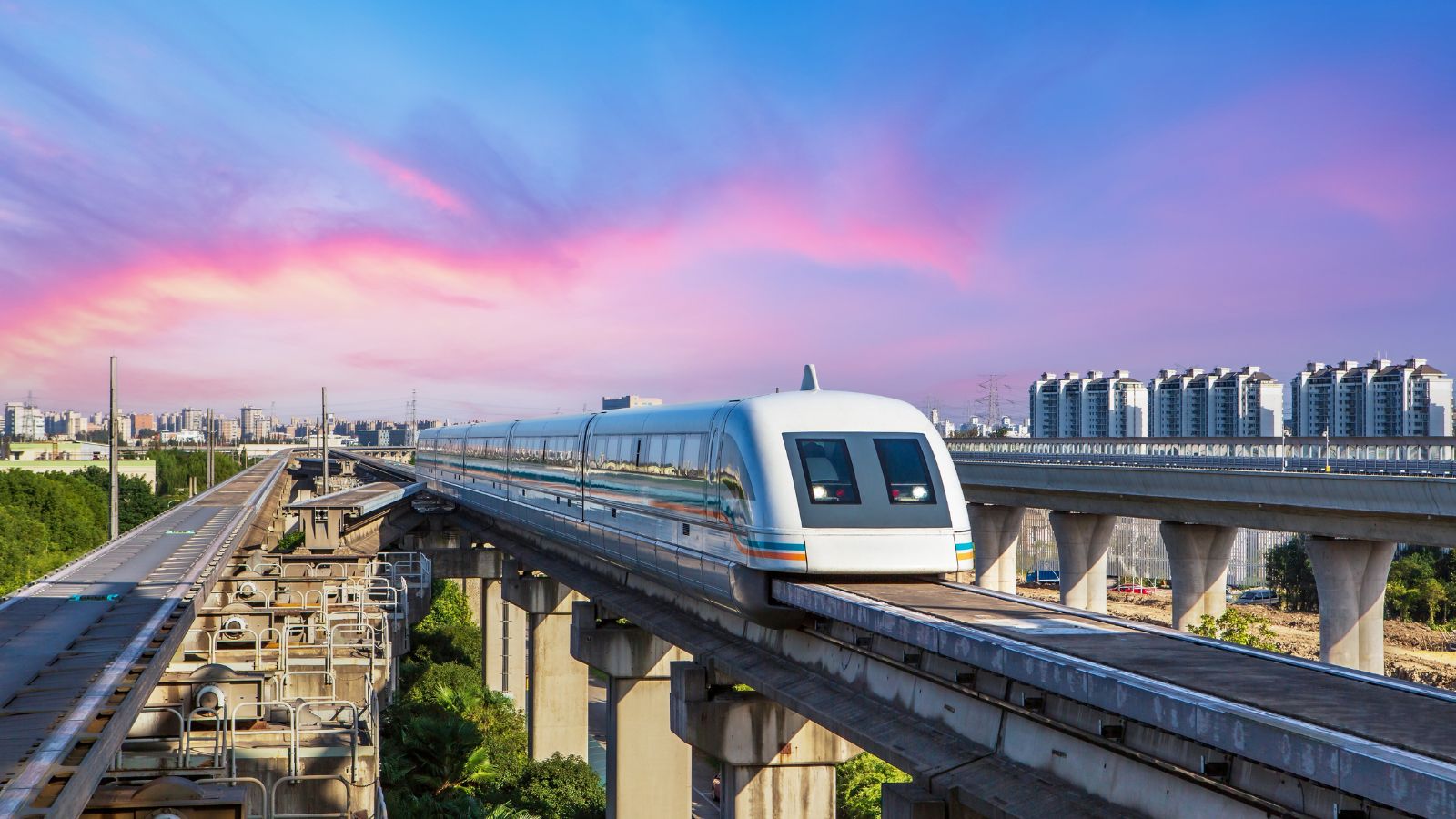
Japan and China are using magnetic levitation, or maglev, trains. These trains float above the tracks using powerful magnets so that they can travel beyond 300 mph. Maglev may change the face of regular railways, promising faster, smoother, and more efficient travel in the future.
Underground Transportation Systems Will Expand
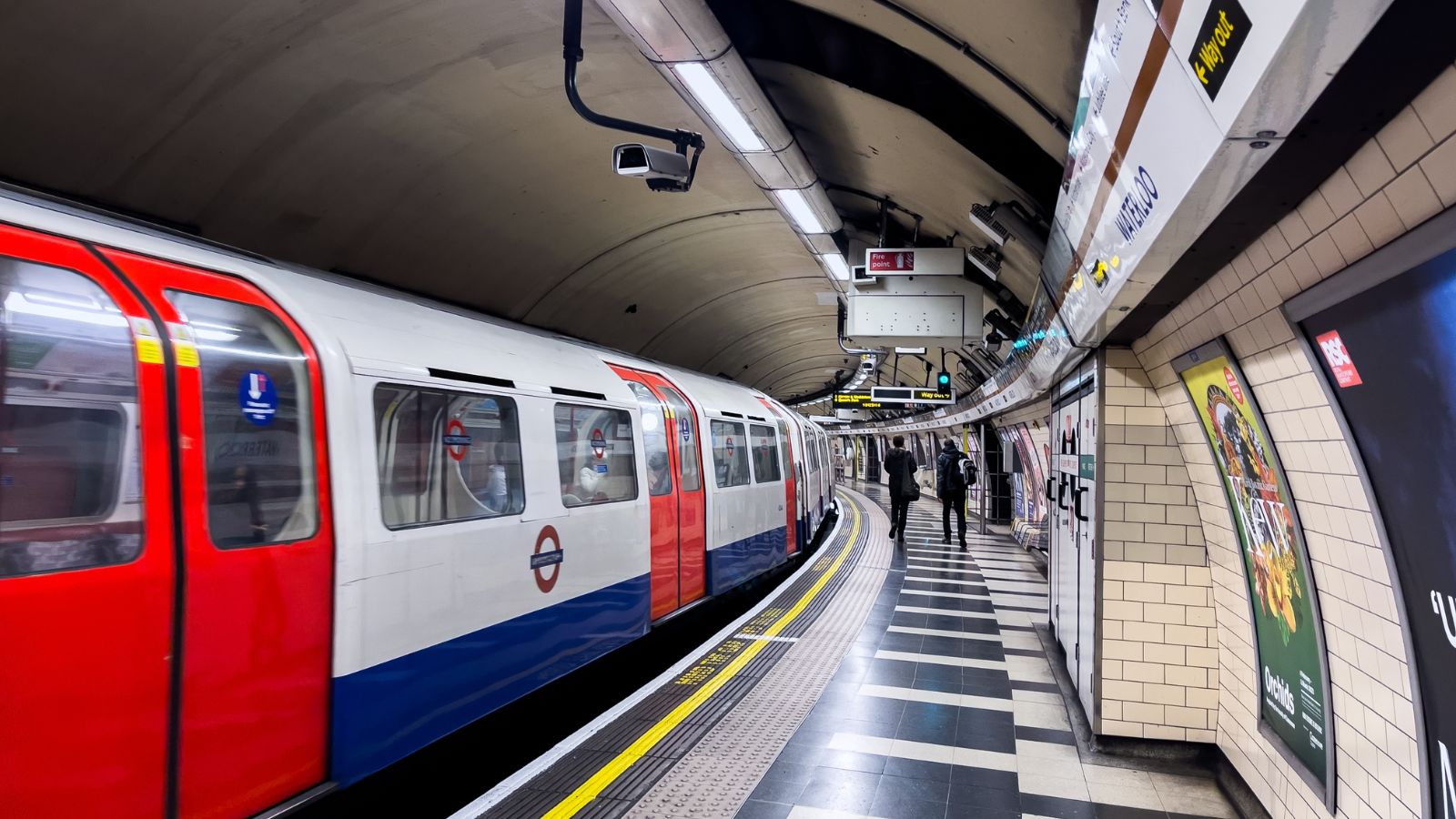
Elon Musk’s Boring Company is developing underground tunnels for transportation purposes in urban townships. Vehicles, or high-speed pods, will be able to pass through under the surface, thus avoiding traffic on the surface. This will further ease congestion in such densely populated areas.
Electric Airplanes Will Take to the Skies
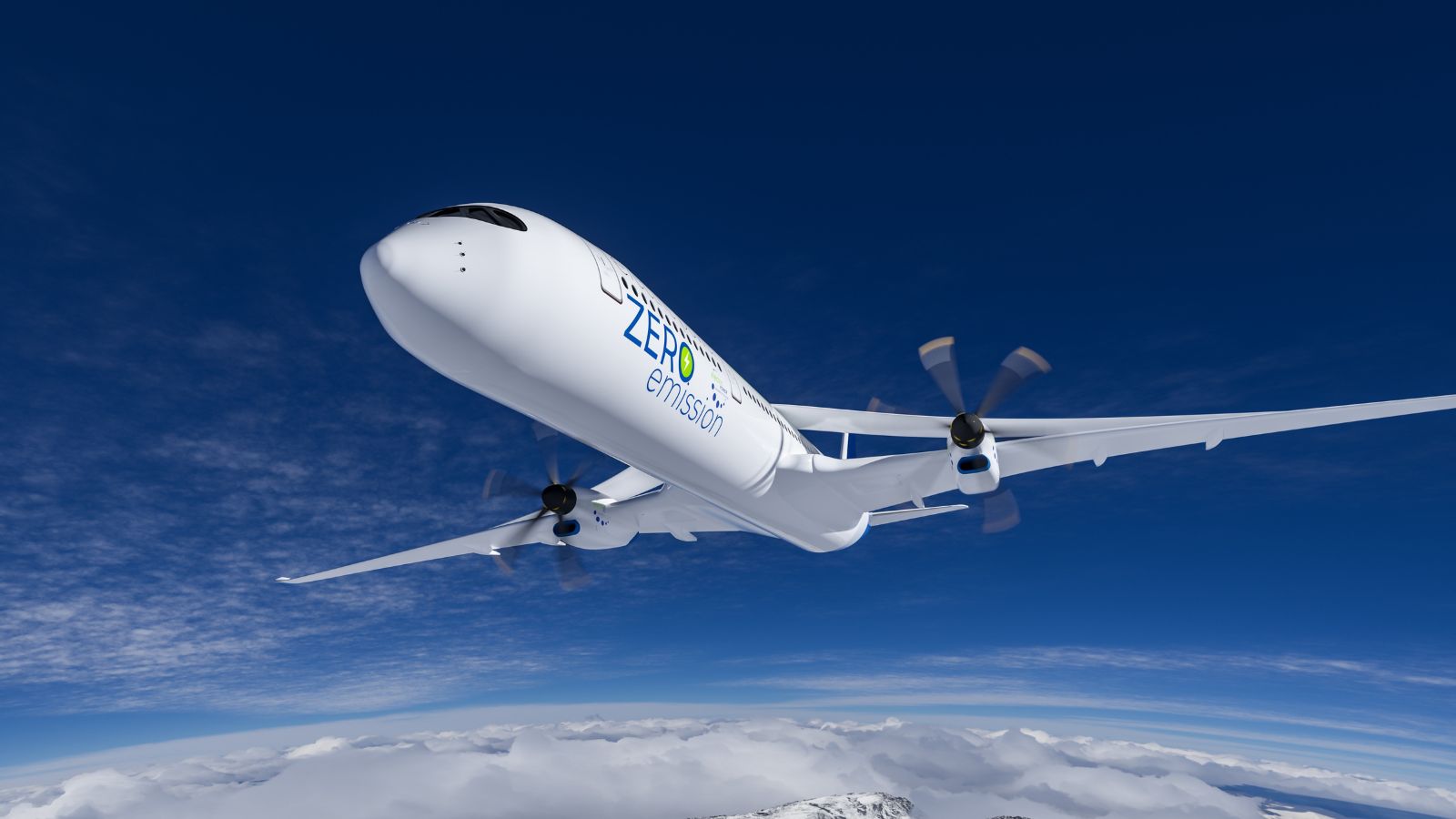
Airplanes are one of the largest sources of carbon emissions globally. Therefore, companies are working towards the development of electric airplanes, which will produce fewer emissions and pave the way for green air travel. Electric planes might become a reality in decades to come.
Autonomous Ships Will Revolutionize Shipping
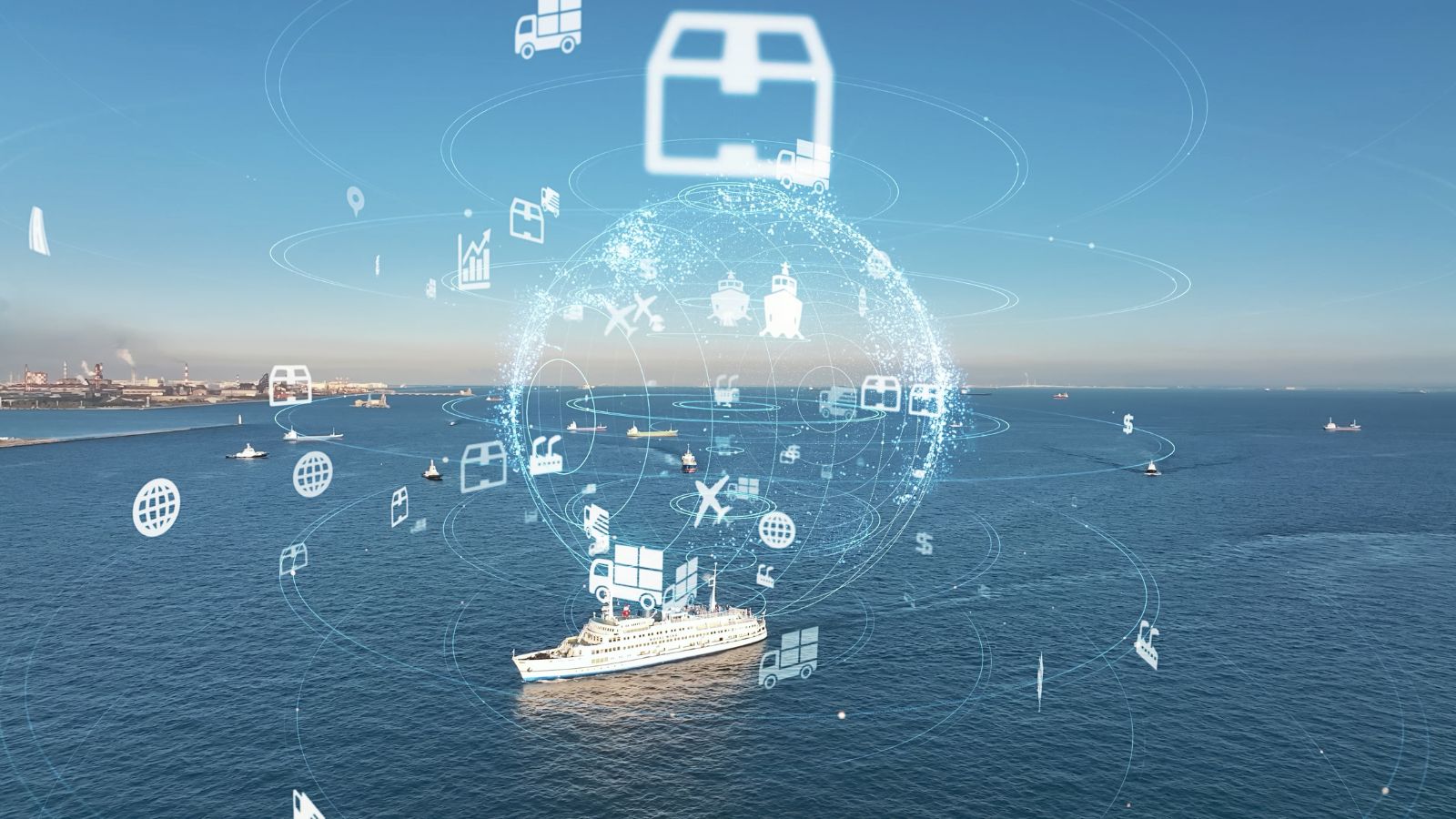
Shipments by sea encompass a significant portion of the global economy but are slow and expensive. Autonomous ships could shift this dynamic by not requiring large crews for these enormous vessels or shipping. Improving cost efficiency and speed in delivering goods worldwide could help these self-navigating ships reduce costs and speed up delivery.
Personal Flying Devices Could Become Real
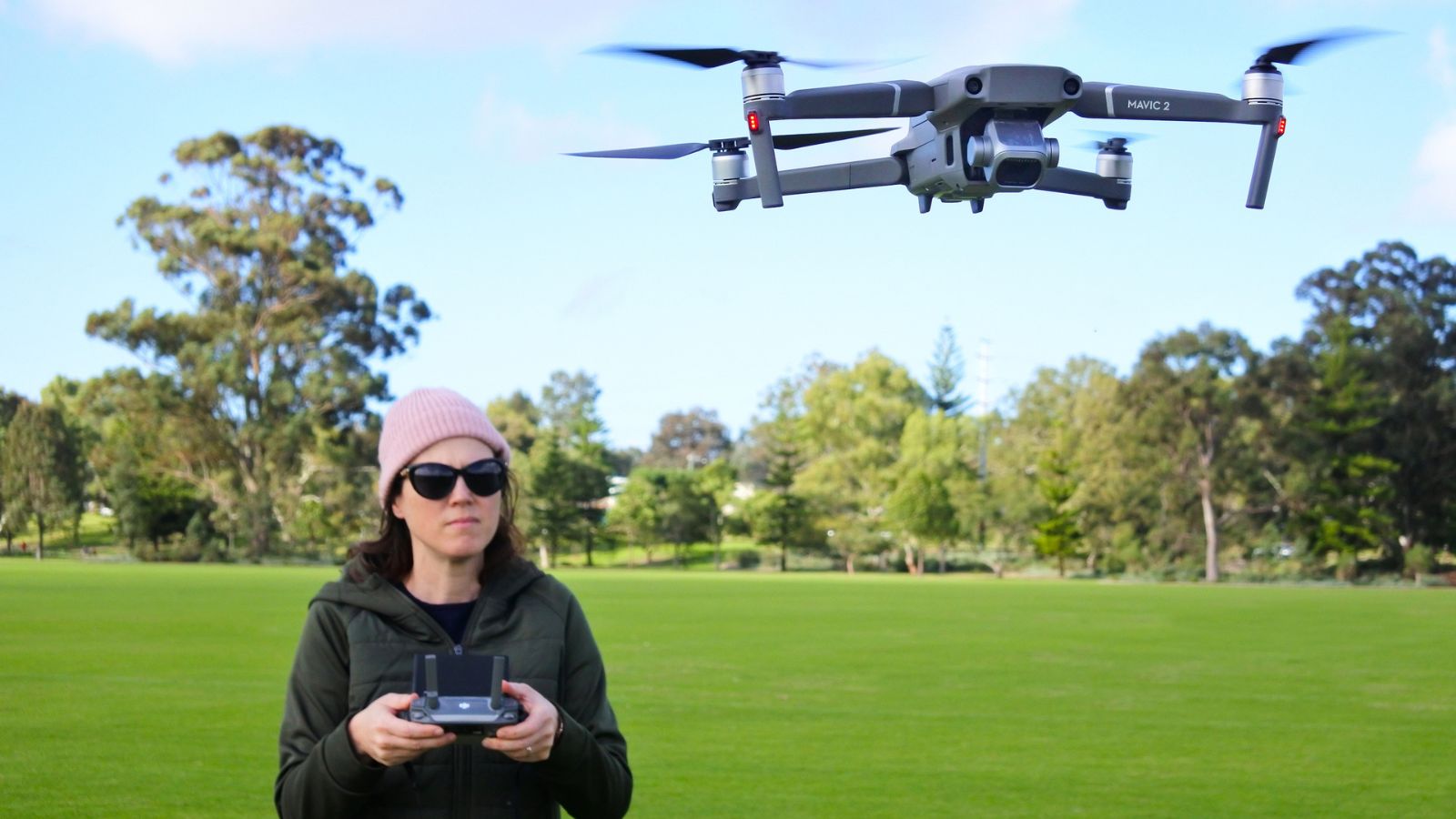
While flying cars are still in development, personal flying devices might be closer to becoming a reality. Jetpacks and flying suits, like those made by Gravity Industries, could allow individuals to fly short distances. Though still experimental, these devices could one day become a common mode of transport for short, personal trips.
Virtual Reality May Reduce the Need for Travel
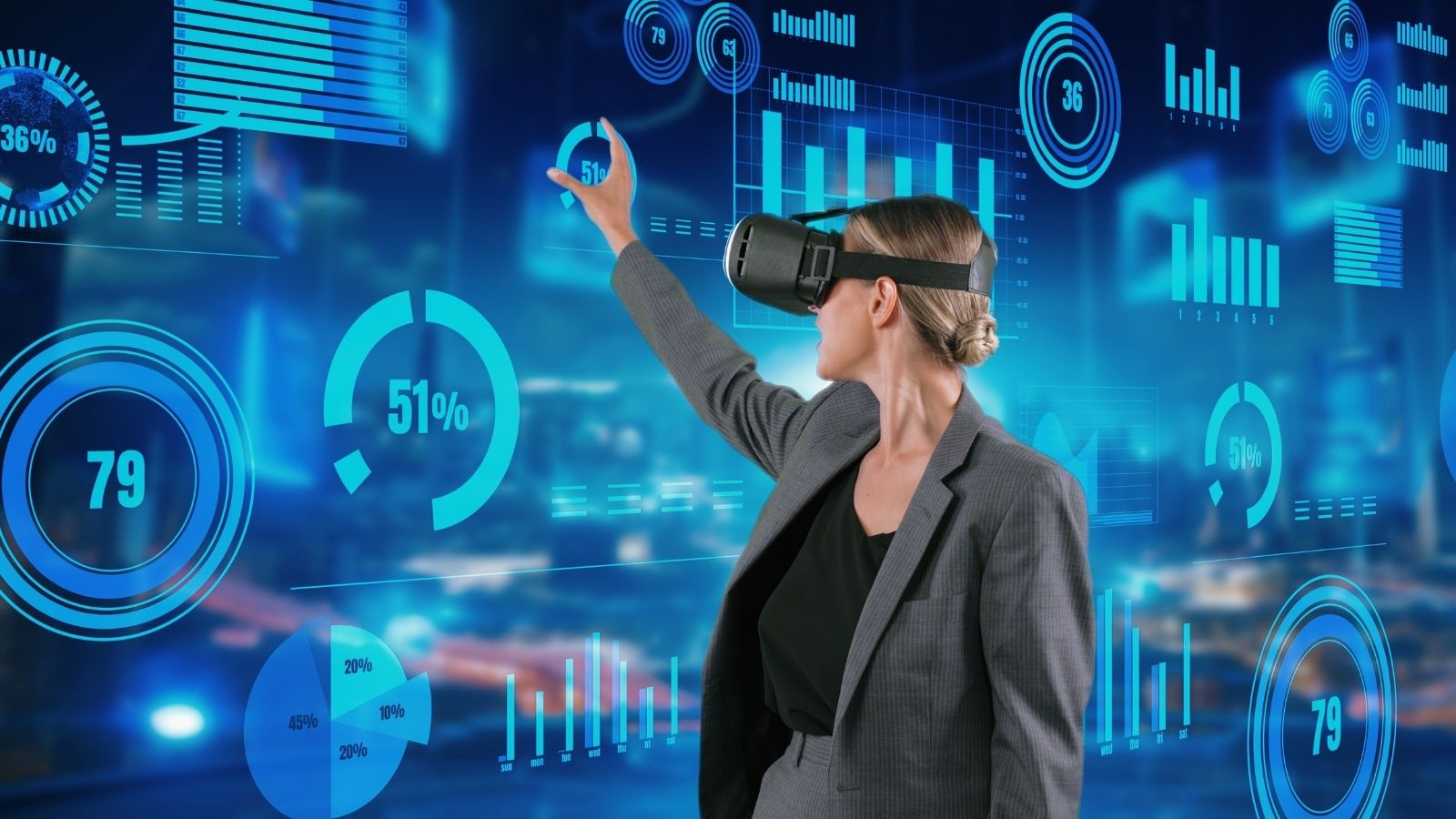
Advancements in virtual reality (VR) may even remove the need for travel to places. With VR, one can visit a place, attend a meeting, or experience an event without having to leave one’s home or office. This may decrease the demand for transportation and would first impact business travel and tourism.
Transportation Will Be More Sustainable

Perhaps the greatest change in transportation in the future is the direction toward sustainability. Electric vehicles and renewable energy-powered public transportation are but just a few elements of reduced carbon footprint. Of course, given the significant threats posed by climate change, transportation is bound to evolve into greener and more sustainable options.
Conclusion
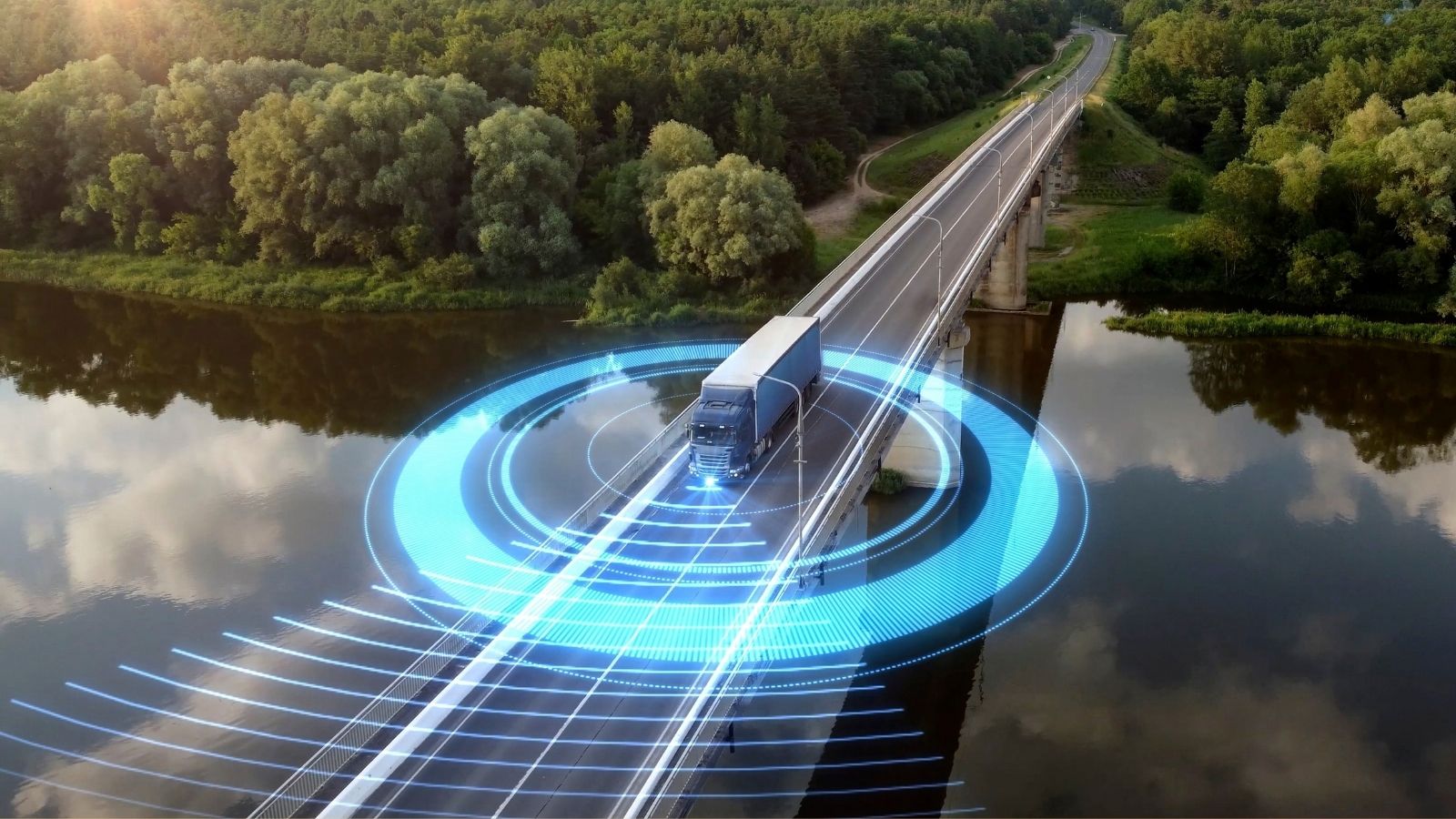
The future of transportation is full of exciting possibilities. Ideas, such as self-driving cars and space travel, are reshaping how human beings move around. Changes seem far-off for some, but many are in development, with others already up and running today. Tomorrow’s transportation promises to be faster and greener than ever before.
18 Reasons Why People Are Leaving Florida in Masses

Exploring factors that impact the desirability of living in Florida, this list delves into various challenges shaping residents’ experiences. From environmental concerns like rising sea levels to economic factors such as fluctuating job markets, these issues collectively contribute to a nuanced understanding of the state’s appeal.
18 Reasons Why People Are Leaving Florida in Masses
